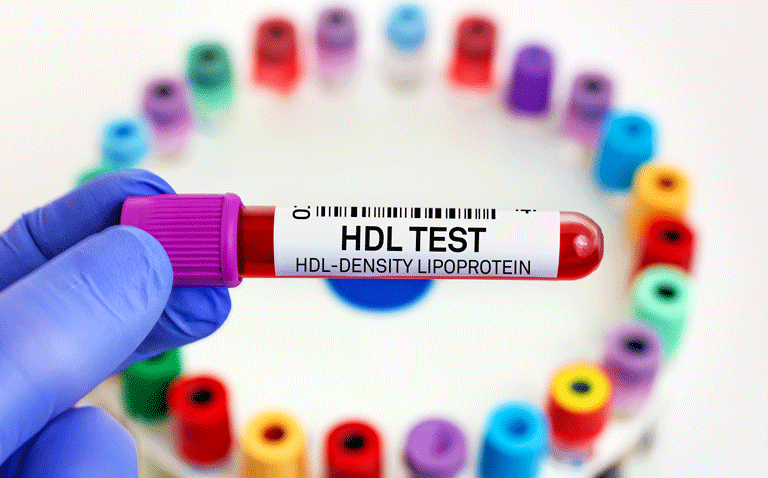Increased HDL cholesterol is considered protective against CVD but a study in Black and White individuals has re-examined this role
HDL cholesterol is generally considered to be protective against coronary heart disease (CHD) but a recent analysis that included both Black and White patients suggests that higher levels offer no protection in either race with an elevated CHD risk due to low levels only relevant for White individuals.
Globally, coronary heart diseases were estimated to kill 17.9 million people in 2019, which represents 32% of all global deaths, with 85% of deaths due to heart attack and stroke. Since the early 1970’s, there has been a well-established and inverse relationship between plasma high-density lipoprotein (HDL) cholesterol and CHD risk. However, whether this relationship remains for different ethnicities is uncertain. It is known for example, that after accounting for social determinants of health and other risk factors, Black patients have a similar risk of a fatal CHD to White patients, but that the risk for a nonfatal CHD is consistently lower for Black people. The underlying reasons behind this difference are unclear and have been further confounded by the somewhat paradoxical observation that low levels of HDL cholesterol are associated with a reduced risk of incident CHD in black participants.
In trying to better understand the relationship between HDL cholesterol and incident CHD, a team of US researchers turned to data collected in the REasons for Geographic And Racial Differences in Stroke (REGARDS) Study, designed to examine underlying racial and regional differences in stroke and mortality. The researchers selected a cohort without baseline CHD and for whom a wide range of clinical and demographic factors were collected. The cohort was followed over time and the number of incident CHD (i.e., definite or probable nonfatal myocardial infarction or CHD death) were recorded.
HDL cholesterol and CHD events in Black and White patients
A total of 23,901 participants with a mean age of 64.1 years (58.3% female) and of whom, 57.7% self-identified as White were included in the analysis and followed for a median of 10.7 years. During the follow-up there were 1,615 CHD events of which 41.1% occurred in Black participants and 45.5% in women.
When analysing the relationship between CHD events and plasma LDL cholesterol in fully adjusted models, for every 1 standard deviation increase in LDL levels, there was a modest increase in CHD risk (Hazard ratio, HR = 1.10, 95% CI 1.05 – 1.17). Similarly, for triglyceride levels, there was also a modest increase in CHD risk (HR = 1.05, 95% CI 1.01 – 1.10). However, in fully adjusted models, there was a non-significant association between HDL cholesterol (HDL-C) levels and CHD risk (HR = 0.95, 95% CI 0.89 – 1.02).
But when researchers examined the relationship between HDL-C and CHD risk stratified by race, they found something unusual. As might be expected based on the currently known relationship, a low HDL-C level was associated with an increased risk of CHD, but this was only significant for White patients (HR = 1.22, 95% CI 1.05 – 1.43). Among Black patients the relationship was not significant (HR = 0.94, 95% CI 0.78 – 1.14). Furthermore, a high HDL-C level was not protective in either White (HR = 0.96, 95% CI 0.79 – 1.16) or Black (HR = 0.91, 95% CI 0.74 – 1.12) patients.
Based on these findings, the authors concluded that current high-density lipoprotein cholesterol–based risk calculations could lead to inaccurate risk assessment in Black adults.
Citation
Zakai NA et al. Race-Dependent Association of High-Density Lipoprotein Cholesterol Levels With Incident Coronary Artery Disease. J Am Coll Cardiol 2022










